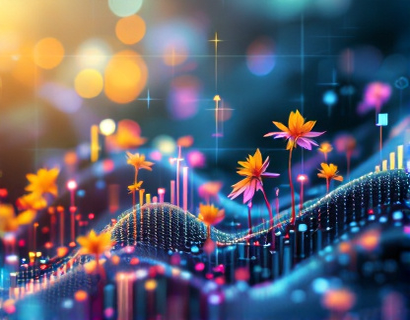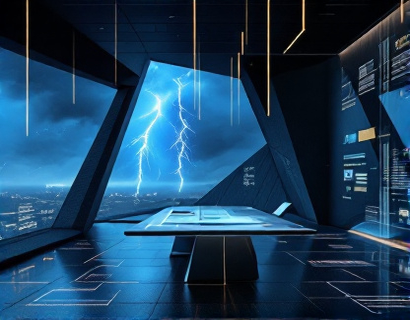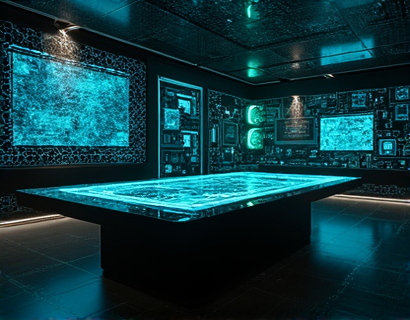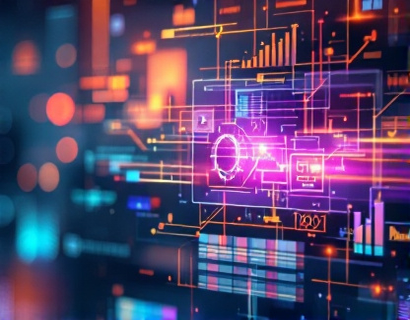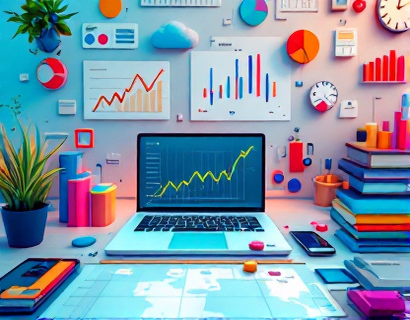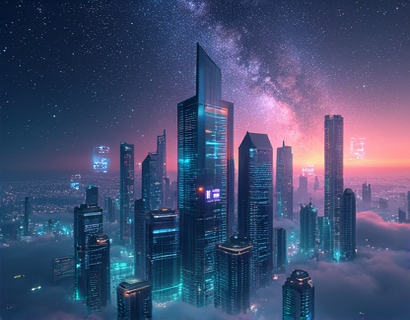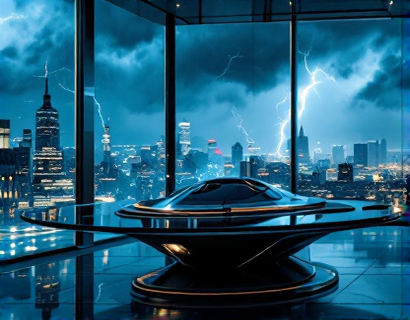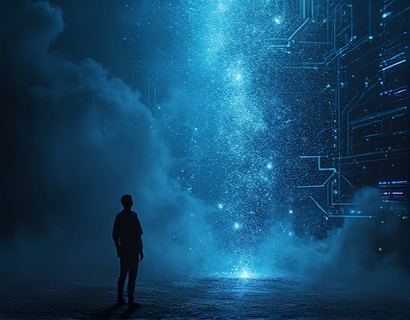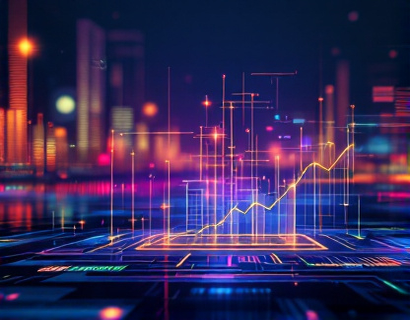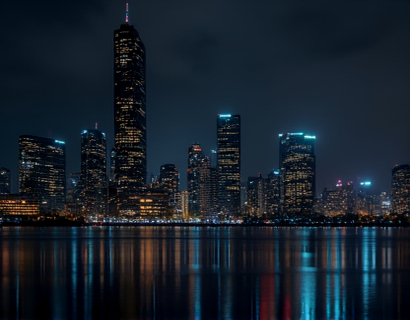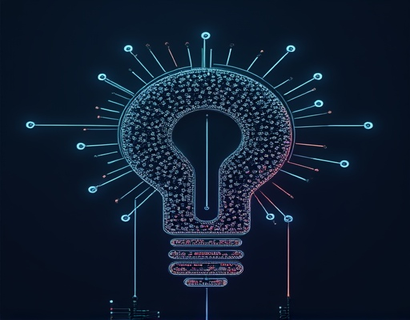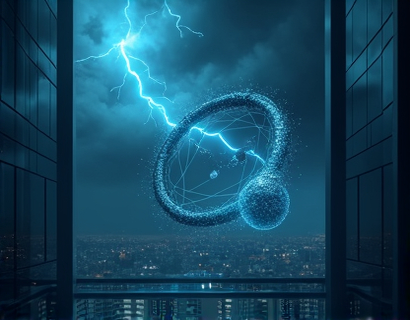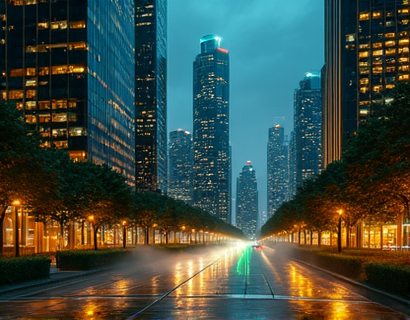Unlocking Musical Innovation: Harnessing AI for Advanced Composition and Production
The music industry is undergoing a transformative shift with the integration of artificial intelligence (AI) into composition and production processes. This technological advancement is not just a novelty but a powerful tool that is redefining how music is created, from the initial spark of an idea to the final polished track. AI-driven software is empowering musicians, both seasoned professionals and emerging talents, to explore new creative horizons and produce high-quality music with unprecedented ease and efficiency.
The advent of AI in music creation is akin to the introduction of digital audio workstations (DAWs) which revolutionized the industry in the late 20th century. Just as DAWs democratized music production by making it accessible to a broader audience, AI is taking this a step further by offering intelligent, adaptive, and intuitive tools that enhance the creative process. These tools are designed to understand musical patterns, suggest harmonies, generate beats, and even assist in vocal processing, all while learning from the user's preferences and evolving with their artistic style.
Enhancing Creativity with AI Assistance
One of the most significant benefits of AI in music creation is its ability to augment human creativity. Traditional composition methods often involve a linear process: an idea is conceived, sketched out, developed, and refined. AI tools can interrupt this linear path, offering spontaneous suggestions and variations that can inspire new directions. For instance, an AI can analyze a few notes and generate a full chord progression, or take a melody and create a complementary counter-melody. These suggestions can serve as a springboard for the human creator, leading to innovative and unexpected musical outcomes.
Moreover, AI can help overcome creative blocks by providing fresh perspectives. When a musician is stuck, an AI tool can introduce new rhythmic patterns, melodic motifs, or harmonic progressions that the creator might not have considered. This collaborative relationship between human and machine fosters a dynamic creative environment where the best of both worlds is harnessed to produce music that is both authentic and innovative.
Streamlining Composition and Production
The production phase of music creation is often time-consuming and technically demanding. AI tools are streamlining this process by automating routine tasks and offering sophisticated editing capabilities. For example, AI can automatically tune off-key notes, correct timing issues, and even apply professional-grade effects and mixing techniques. These features not only save time but also ensure a higher standard of production quality, allowing creators to focus more on the artistic aspects of their work.
Additionally, AI can assist in the arrangement of tracks by suggesting optimal instrument placements, balancing levels, and even creating intricate layering of sounds. This level of automation and intelligence means that even complex productions can be achieved with a more straightforward workflow. For emerging creators who may not have extensive production experience, these tools provide a valuable learning curve, enabling them to produce polished music without the need for extensive technical knowledge.
Personalization and Adaptation
One of the most compelling aspects of AI in music creation is its ability to adapt to individual styles and preferences. Through machine learning algorithms, these tools can analyze a creator's past work and tailor suggestions to align with their unique artistic voice. This personalization ensures that the AI does not impose a generic sound but rather enhances the creator's distinctive style. Over time, the AI becomes an extension of the creator's own musical intuition, further blurring the lines between human and machine-generated content.
Furthermore, AI can be configured to mimic the styles of different genres or even specific artists, allowing creators to experiment with diverse sounds and influences. This flexibility is particularly beneficial for producers looking to expand their sonic palette or for artists wanting to explore different musical identities. The ability to seamlessly blend different styles and influences opens up endless possibilities for creative expression and innovation.
Collaboration and Community
The integration of AI in music creation is not just about individual tools but also about fostering a collaborative ecosystem. Online platforms and communities are emerging where creators can share AI-generated content, collaborate on projects, and learn from each other's experiences. These platforms often feature AI-powered features that facilitate collaboration, such as real-time co-composition tools and integrated sharing options. This collective approach to music creation enriches the creative process, as diverse perspectives and ideas converge to produce something truly unique and groundbreaking.
Moreover, AI can bridge geographical gaps, connecting musicians from different parts of the world. A creator in one country can seamlessly collaborate with another across the globe, sharing ideas and working on projects in real-time. This global collaboration is made possible by the cloud-based nature of many AI music tools, which store and process data across servers, ensuring smooth and efficient collaboration regardless of location.
Educational Resources and Learning Curve
As AI becomes more prevalent in music creation, there is a growing need for educational resources to help creators understand and effectively use these tools. Numerous online tutorials, courses, and documentation are available to guide musicians through the process of integrating AI into their workflow. These resources cover everything from basic usage to advanced techniques, ensuring that creators of all skill levels can benefit from AI's capabilities.
The learning curve associated with AI tools is gradually decreasing as software becomes more user-friendly and intuitive. Many AI music creation platforms offer guided tutorials and interactive interfaces that help users get started quickly. Additionally, the community-driven aspect of these platforms means that creators can learn from each other, sharing tips and tricks to overcome common challenges. This supportive environment accelerates the adoption of AI in music creation, making it accessible to a wider audience.
Ethical Considerations and Authenticity
As AI becomes more integrated into music creation, ethical considerations and questions about authenticity arise. One of the primary concerns is the potential for AI-generated music to be indistinguishable from human-created content, raising issues of authorship and originality. However, most AI tools are designed to augment rather than replace human creativity, ensuring that the human touch remains central to the music-making process.
Transparency is key in addressing these ethical concerns. Creators using AI tools should clearly indicate when AI has been involved in the production process, respecting the audience's right to know the origins of the music. This transparency not only maintains trust but also adds a layer of authenticity, as listeners can appreciate the collaborative effort between human and machine.
Future Prospects and Innovations
The future of AI in music creation is promising, with ongoing research and development pushing the boundaries of what is possible. Advancements in natural language processing, generative adversarial networks (GANs), and neural style transfer are paving the way for even more sophisticated and intuitive tools. These technologies will enable AI to understand and generate music with greater emotional depth and complexity, further enhancing the creative process.
Moreover, the integration of AI with other emerging technologies, such as virtual reality (VR) and augmented reality (AR), is opening new frontiers in music experience. Imagine immersive concerts where AI-generated environments respond in real-time to the music, creating a synesthetic experience that blends sound and visuals in unprecedented ways. The potential for innovation is vast, and the music industry is poised to embrace these advancements to create more engaging and interactive experiences for audiences.
In conclusion, AI is not just a tool but a partner in the creative journey of music production. It empowers musicians to explore new territories, streamline their workflow, and produce high-quality music with greater ease. As the technology continues to evolve, it will undoubtedly play an increasingly significant role in shaping the future of music creation. For anyone looking to transform their musical ideas into reality, embracing AI is not just an option but a necessity in the digital age.





